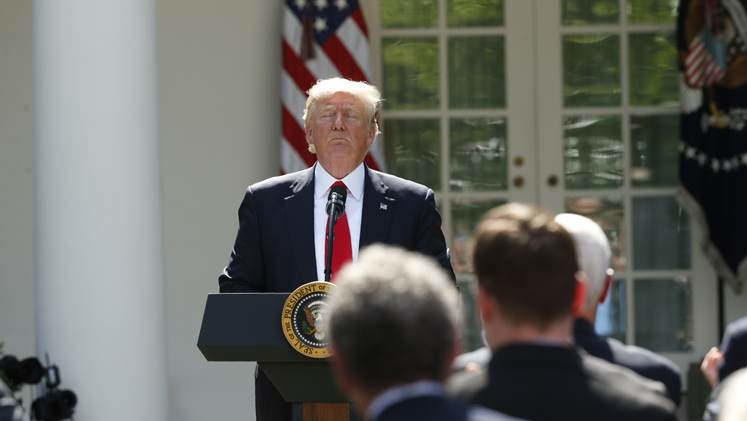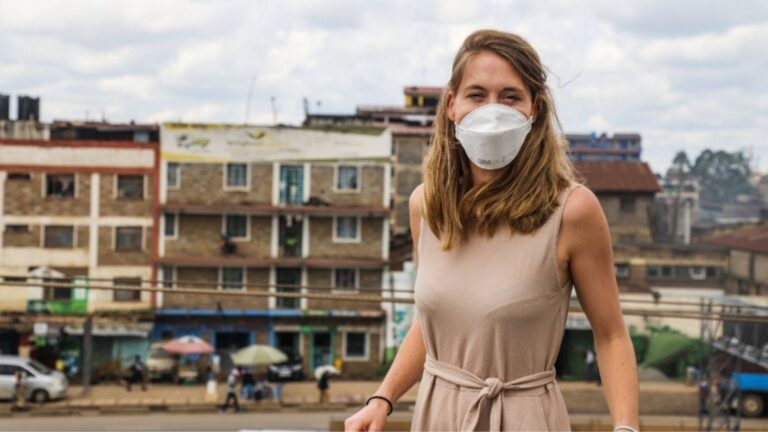
Claire van Enk created Farm to Feed Kenya to connect farmers and people suffering from hunger. Photo: Micky Schepers-Farm to Feed Kenya
Av: Maria Malmsten
The paradox of hunger, food loss and waste is a global issue. All around the world, a third of all produced food never reaches the consumer. Claire van Enk has created Farm to Feed Kenya to bring about change in these issues, while striving for a healthier planet.
29 april, 2021, English, Long read, Magazine
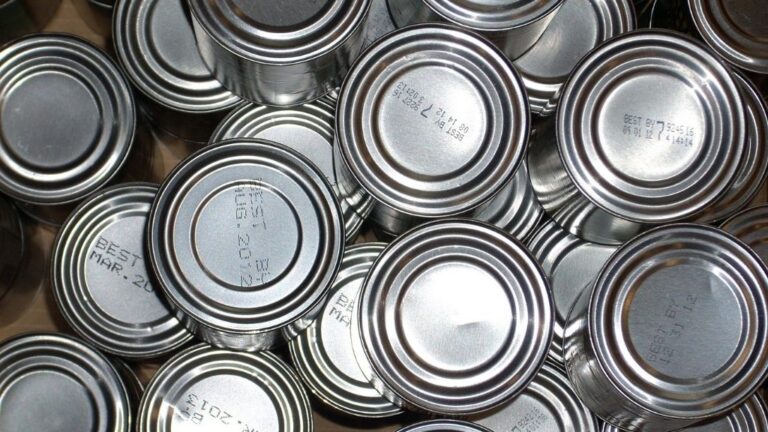
The variety of terms such as “best before”, “sell by”, “eat by”, “expires on” need simplification and tailoring to regional contexts to help reduce food waste. Photo: mnplatypus/Pixabay
Av: Alexandru Mocanu
The 2030 Agenda for Sustainable Development is calling for halving the global food waste. Although high-income economies are generally assumed to display more wasteful patterns, food waste hits the Global South the hardest.
26 april, 2021, Chronicle, English, Magazine
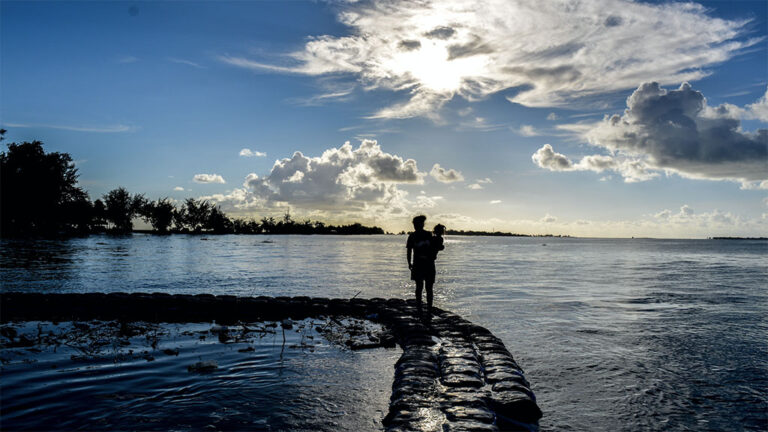
With the increase in sea levels, the protection walls in the Kiribati islands can no longer handle the tides Photo: Break Free/Flickr
Av: Alexandru Mocanu
A Kiribati national, after unsuccessful attempts to get asylum in New Zealand, brought his case to the UN Human Rights Committee. In spite of its negative ruling, the Committee seems to have opened the doors for granting protection for people at risk of displacement from climate change in the future.
1 juni, 2020, English, Magazine, News article
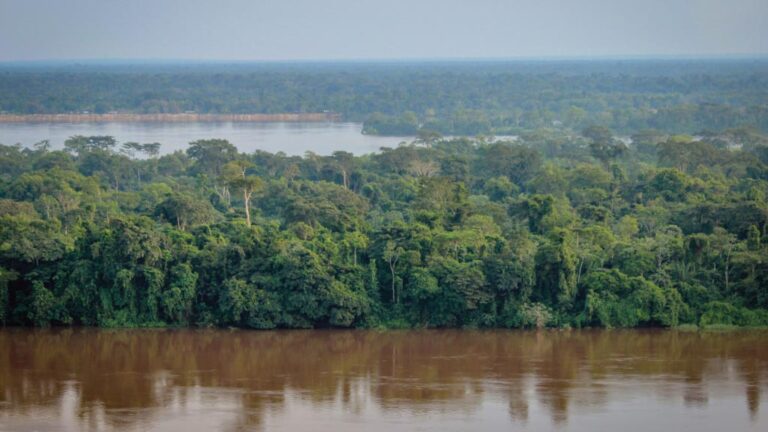
The Congo basin. Photo: Ahtziri Gonzalez, CIFOR
Av: Aida Esmailzadeh Davani, Erika Alm och Harmat Frigyes
What if 20 years’ worth of US fossil fuel emissions was released due to unsustainable land use? Exploiting the world’s largest tropical peatland, recently discovered in the Congo Basin, might turn this scenario into reality.
5 mars, 2019, Article, English, Magazine
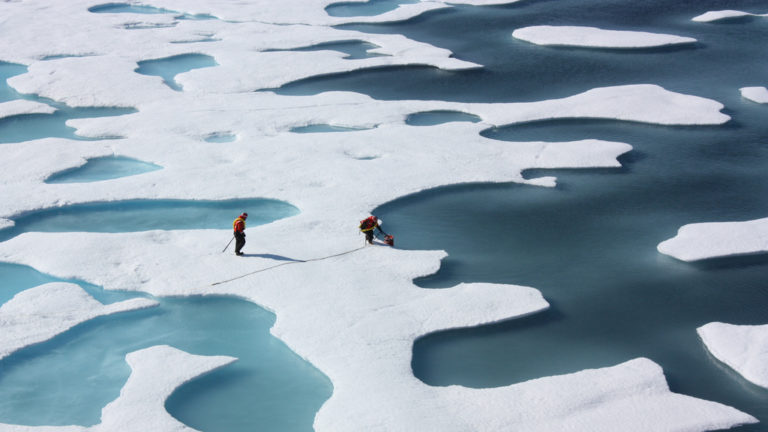
The hunt for snowballs might get difficult. Photo: Kathryn Hansen, NASA
Av: Fredrik Björksten
Instead, as research has confirmed over and over again, increasing greenhouse gas emissions raise the average temperature on earth over time. Therefore, in this edition we share some perspectives on issues related to climate change which may change our planet as we know it. Meanwhile, Senator Inhofe’s hunt for snowball and cheap points continues, although chances are it will be increasingly difficult for him to find one. We will, however, offer some thoughts on why Inhofe is in denial, on the consumerist culture, climate refugees, biofuels and the North-South divide in this issue.
6 mars, 2018, Editorial, English, FUF Lund, Magazine
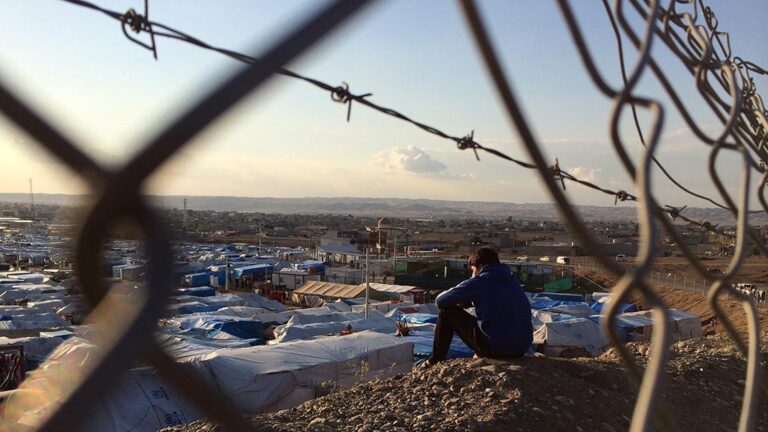
Foto: Caroline Gluck, EU ECHO
Av: Klara Eitrem Holmgren & Louise Gripenberg
The large numbers of displaced populations we see today have been responded to with overall regressive measures. Matthew Scott, an international lawyer specializing in migration, talked to us about the possibilities and challenges of displacement in the context of disasters and climate change that lie ahead. Matthew Scott is an international lawyer at the Raoul […]
Läs mer »
4 mars, 2018, Article, English, FUF Lund, Magazine
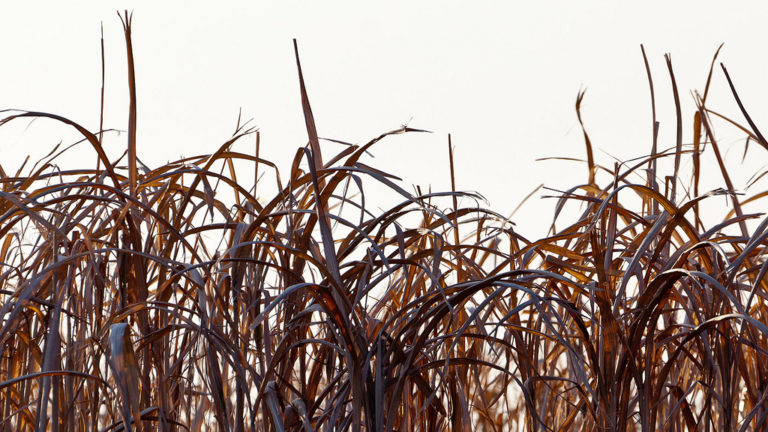
EU-standards aim at ensuring an eco-friendly biofuel production. But are social and ecological impacts taken into account sufficiently? Photo: alh1, Flickr
Av: Elin Fredriksson
Biofuels seem to be an important step in the combat against climate change, as they represent a renewable and less polluting alternative to fossil fuels. However, its agricultural production provokes controversial discussions. Several international organisations seek to raise awareness about the social and ecological impacts of the rising biofuel demand. One of the EU’s political […]
Läs mer »
1 mars, 2018, Article, English, FUF Lund, Magazine
Av: Fredrika Sweno
Despite increased awareness and research showing that climate change is real, peoples concern for the problem has been shown to decrease, including mine. Why do we rather ignore climate change than face it? Per Stoknes presents five main barriers that help us ignore this issue and brings clarity to why many of us rather not […]
Läs mer »
1 mars, 2018, Chronicle, English, FUF Lund, Magazine
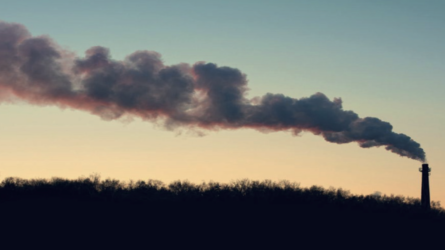
What are low-income countries obligations in combating climate change? Foto: Khuroshvili Ilya, Flickr
Av: Dimen Hoshiar och Mathilda Englund
Climate change is global in its nature, yet nations argue who ought to undertake the responsibility of solving the issue of global warming. International negotiations resulted in the Kyoto Protocol, which exempted low income countries from any obligations. Frank Baber, from the Raoul Wallenberg Institute, proposes a human rights approach in order to find a […]
Läs mer »
27 februari, 2018, Article, English, FUF Lund, Magazine
Av: Kajsa Fernström Nåtby
At this year’s UN climate conference COP23, the host country Fiji tried a new concept called The Open Dialogue which allowed civil society and states to meet. With that being categorized as new concept, it is safe to say that there is room for improvement when it comes to the inclusion of civil society in […]
Läs mer »
27 februari, 2018, English, FUF Lund, Magazine, Opinion








